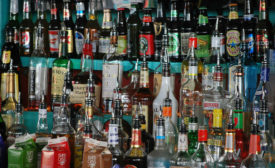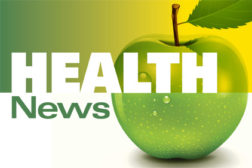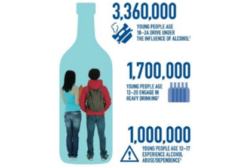Home » Keywords: » alcohol health effects
Items Tagged with 'alcohol health effects'
ARTICLES
New drug may be effective at treating alcohol problem
Could help smokers, too
September 30, 2016
Become a Leader in Safety Culture
Build your knowledge with ISHN, covering key safety, health and industrial hygiene news, products, and trends.
JOIN TODAYCopyright ©2025. All Rights Reserved BNP Media.
Design, CMS, Hosting & Web Development :: ePublishing




